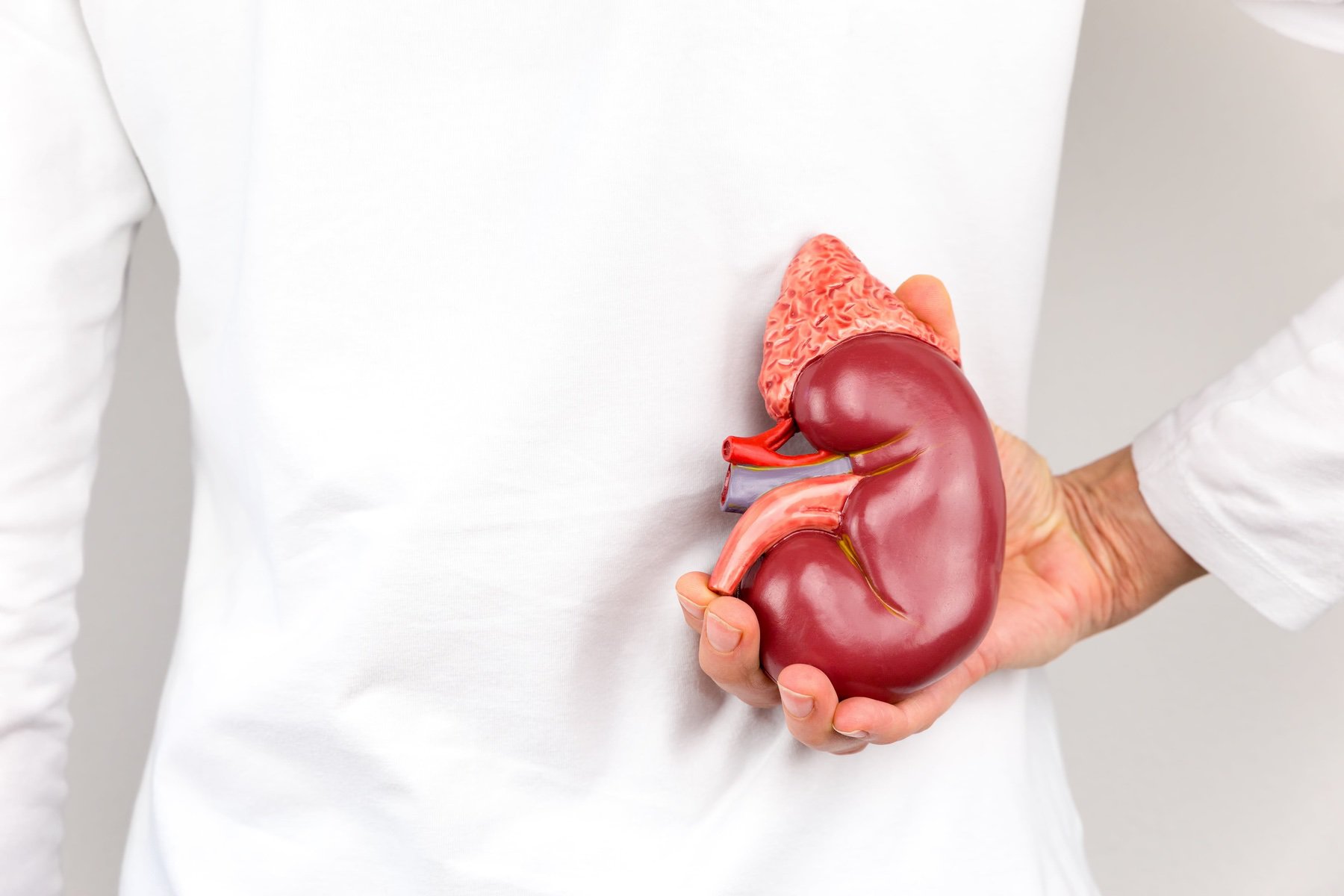Kidney disease is a major public health concern. Kidney disease often goes undetected until it is very advanced. Unfortunately, this is when someone would need dialysis or a transplant. Regular testing for everyone is important, but it is especially important for people at risk.
Kidney functions
Regulate the body’s fluid levels. Filter wastes and toxins from the blood. Release a hormone that regulates blood pressure. Activate vitamin D to maintain healthy bones. Release the hormone that directs production of red blood cells. Keep blood minerals in balance (sodium, phosphorus, potassium).Main risk factor for kidney disease
Age 60 or older. Low birth weight. Prolonged use of NSAIDs, a type of painkillers, such as ibuprofen and naproxen. Lupus, other autoimmune disorders. Chronic urinary tract infections. Kidney stones.Main - Diabetes, High blood pressure, Heart disease, Obesity, Family history of kidney failure, diabetes, or BP.
Pay attention to these signs and symptoms
Fatigue, weakness, Difficult, painful urination, Foamy urine, Pink, dark urine (blood in urine), Increased thirst, Increased need to urinate (especially at night), Puffy eyes, Swollen face, hands, abdomen, ankles, feetKidney disease can cause
Heart disease Heart attack and stroke High blood pressure Put your life at risk Weak bones Nerve damage (neuropathy) Kidney failure (end-stage kidney disease, or ESRD) Anemia or low red blood cell countThings people with kidney disease should do
Lower high blood pressure Manage blood sugar levels Reduce salt intake Avoid NSAIDs, a type of painkiller Moderate protein consumption Get an annual flu shotTips to take care of kidney
Exercise regularly Control weight Follow a balanced diet Quit smoking Drink only in moderation Stay hydrated Monitor cholesterol levels Get an annual physical check-up Know your family medical history
 Studies estimate that the number of new patients diagnosed with End-Stage Kidney Disease (ESKD) who are started on dialysis or transplantation is over 100,000 per year in India
Studies estimate that the number of new patients diagnosed with End-Stage Kidney Disease (ESKD) who are started on dialysis or transplantation is over 100,000 per year in India










.jpeg)




.jpeg)

.jpg)













